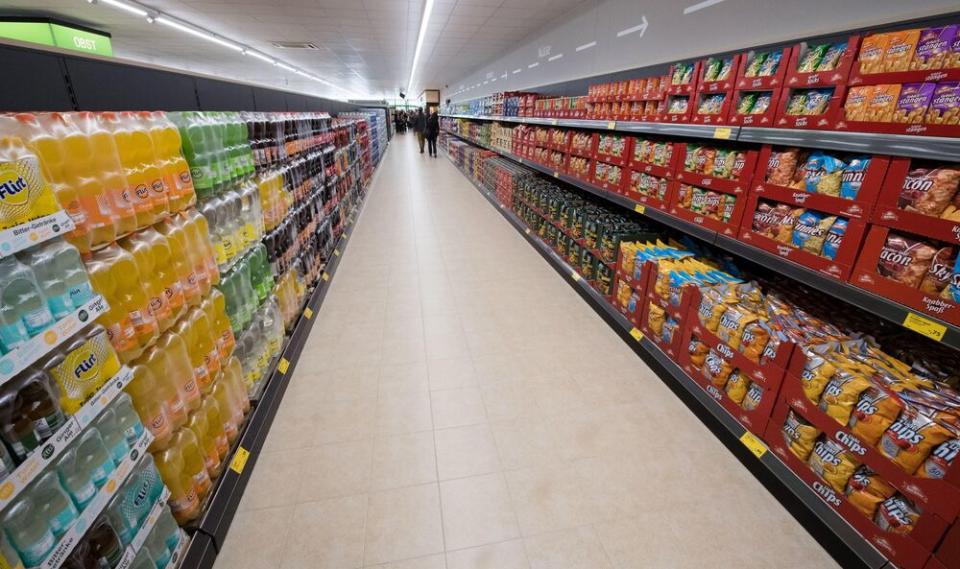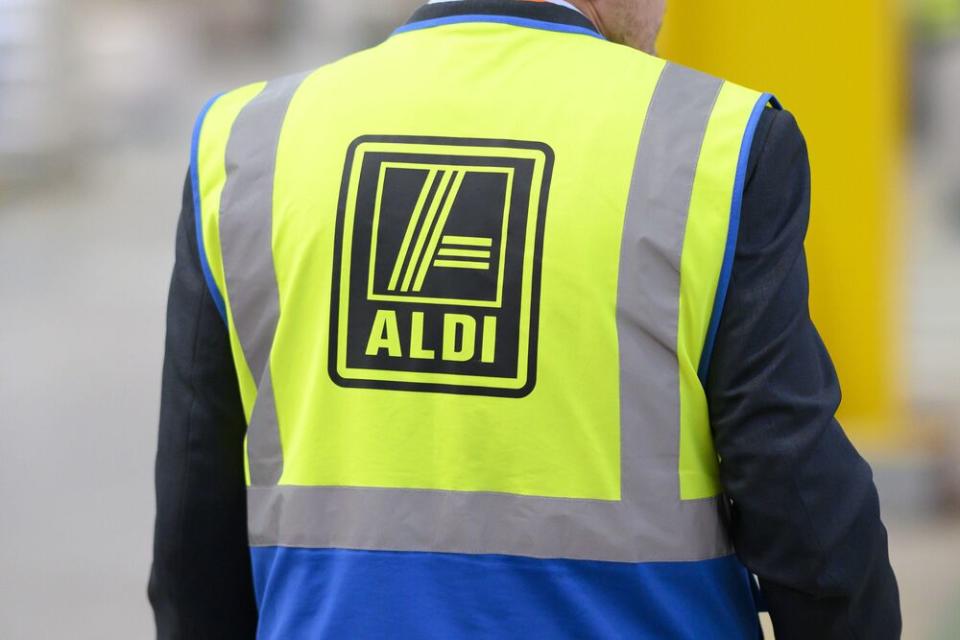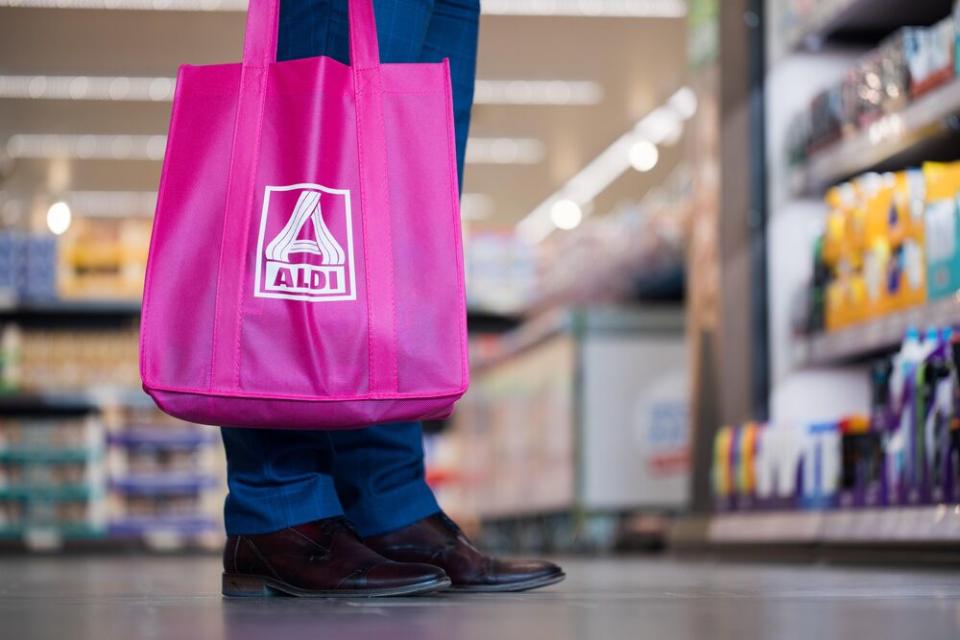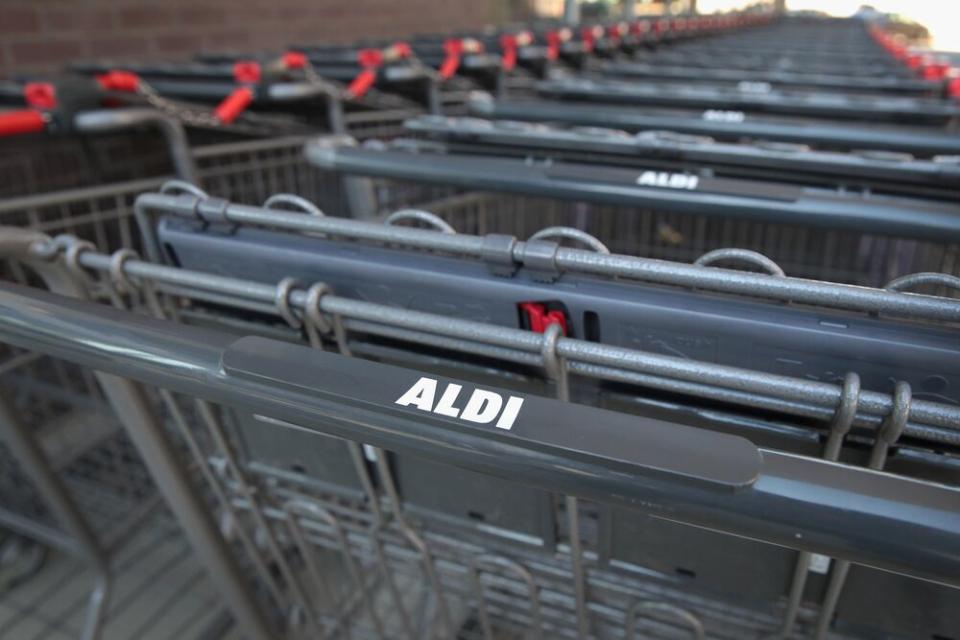Why Is Aldi So Cheap?

As humans, we’re often suspicious of things that seem too good to be true. For instance, Aldi’s prices are unusually low—so what’s the deal? Well, according to the company itself, “everything [it does] is purposefully designed to save people money.”
Here’s how the grocery store chain cuts costs and prices:
Few Brand Names

Did you know that more than 90 percent of the products Aldi carries are Aldi brands? This means the chain can totally bypass dealing with large companies. Fewer links in the chain, in this case, means lower prices for the customer.
Related: The 10 Best Products to Buy at Aldi
Small Inventory = Low Rent
Though it may seem like each store is a land of limitless possibilities, Aldi only offers about 900 core products at a time. Because of the relatively small inventory, rent is cheaper for their warehouses and their grocery stores.
Fewer Workers

Aldi is known for only scheduling a few staff members at a time (the exact number depends on the location, of course). Think about how many workers you saw on your last visit to Walmart, then consider “How the heck do they get away with that?” There are a couple factors:
Simple designs: Each Aldi store’s layout and shelf design is specifically designed with efficiency in mind. Simple displays mean workers don’t have to fuss with upkeep throughout the day, while most products come in easy-to-stack racks that make stocking shelves easy.
Reduced hours: A lot of grocery store chains offer upwards of 18 hours of daily service, but that’s not the case with Aldi. Most locations operate for about 11 hours per day, which means the company saves on wages (as well as operational costs).
Energy Efficiency
Recent environmentally friendly remodeling initiatives brought natural light, LED lighting, and energy-efficient refrigeration to many stores. These eco-friendly practices are not only good for the environment, they money in the long run.
%image1
BYOB (Bring Your Own Bag)

Aldi’s bring-your-own-bag policy works on a couple levels: The company doesn’t have to buy nearly as many plastic bags as other grocery store chains—and customers who do want Aldi bags have to pay for them.
Minimal Advertising
Though Aldi does pay for some TV commercials, they don’t spend a ton of money on advertising. This means they don’t have to make up the cost of ads with higher prices.
Shopping Cart Rental

Customers who use shopping carts have to pay a 25 cent unlocking fee. They’ll only get their quarters back when they return the cart to its corral. This incentivizes most people to return their carts, and Aldi doesn’t have to hire extra staff to patrol the parking lot.

